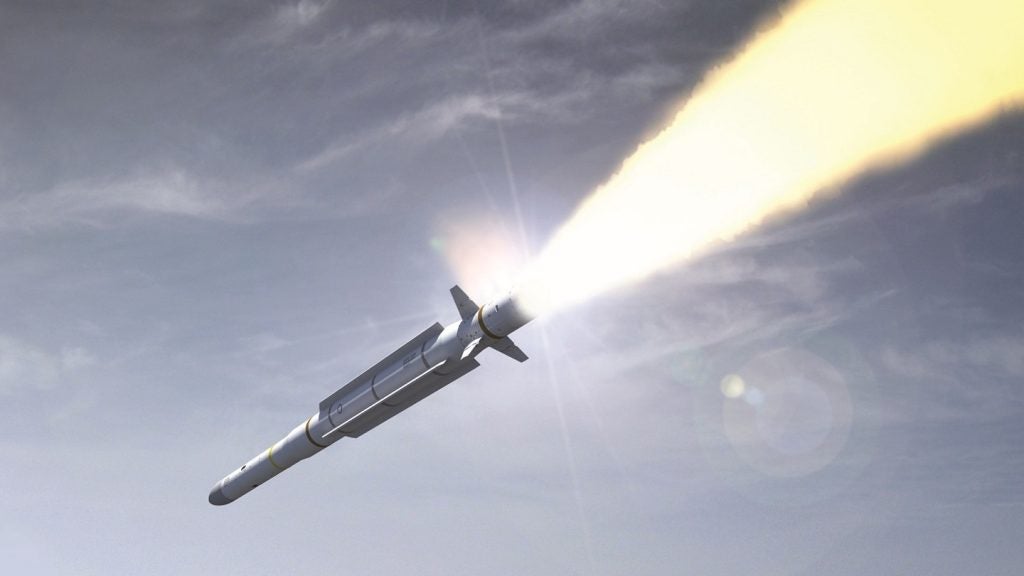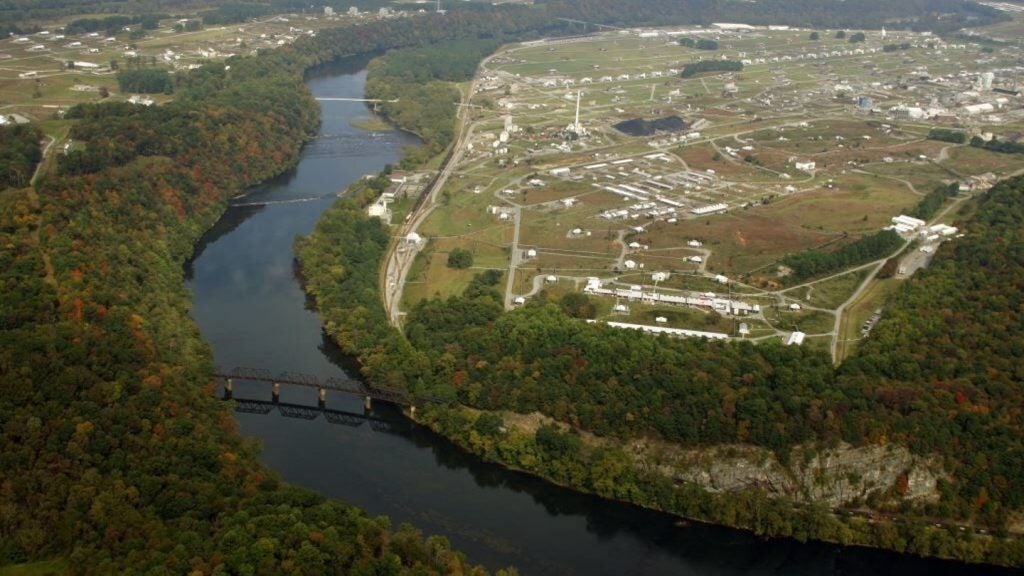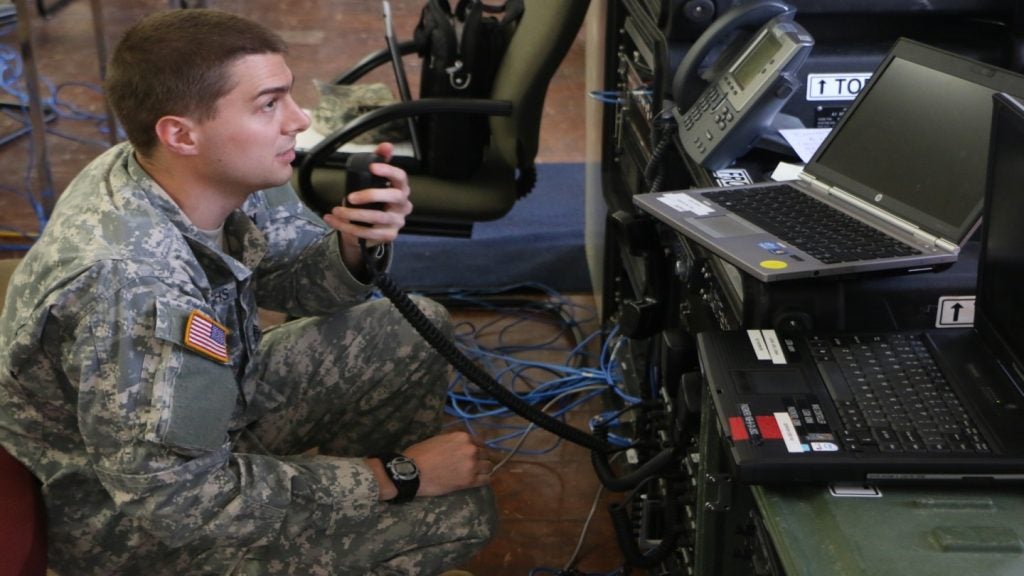SRI International has secured a contract from the US Defense Advanced Research Projects Agency (DARPA) to develop an early warning chemical threat detection system.
Under the multi-year $11.6m contract, SRI is required to develop advanced chemical sensors that can assist in chemical threat detection in complex urban environments.
The company will develop the Localization and Characterization of Chemical Anomalies in Urban Settings (LOCCUS) system under DARPA’s SIGMA+ Program.
The SIGMA+ Program seeks the development of new sensors and networks to alert authorities about chemical, biological, and explosives threats.
The LOCCUS system will be integrated into vehicles to detect trace levels of precursors in a city.
Precursors are chemicals that are used in the manufacturing of weapons of mass destruction (WMDs) such as chemical weapons and explosives.
How well do you really know your competitors?
Access the most comprehensive Company Profiles on the market, powered by GlobalData. Save hours of research. Gain competitive edge.

Thank you!
Your download email will arrive shortly
Not ready to buy yet? Download a free sample
We are confident about the unique quality of our Company Profiles. However, we want you to make the most beneficial decision for your business, so we offer a free sample that you can download by submitting the below form
By GlobalDataSRI senior programme manager and LOCCUS principal investigator Ashish Chaudhary said: “LOCCUS will combine two orthogonal high-performance chemical detection technologies to surpass the sensing capabilities currently possible with a single sensing approach.
“This high-sensitivity, high-endurance detection capability will demonstrate scalability, longevity and cost-effectiveness.”
The company will be assisted by subcontractors Block MEMS, Signature Science and Two Six Labs.
LOCCUS will feature SRI’s micro mass spectrometer technology that will allow for two-dimensional chemical mapping of an area.
The technology leverages point sensing to analyse the chemical composition of ambient air.
Block MEMS will contribute its technology that features an eye-safe laser capability. The technology will be used to generate chemical maps via standoff sensing in a three-dimensional urban topography.
SRI advanced technology and systems president Scott Seaton said: “SRI is committed to developing high-impact solutions to critical problems related to national security, and this programme is at the heart of our dedication to continue those strides.
“We greatly appreciate DARPA’s confidence in our technologies and operational approach.”
SIGMA+ will be executed in two phases. During the first phase, novel sensors for chemicals, explosives, and biological agents will be developed.
The second phase will involve network development, analytics and integration.
DARPA expects to increase the scope of SIGMA+ chemical, biological, radiological, nuclear and high-yield explosive (CBRNE) detection network to cover a major metropolitan city and its surrounding region.






